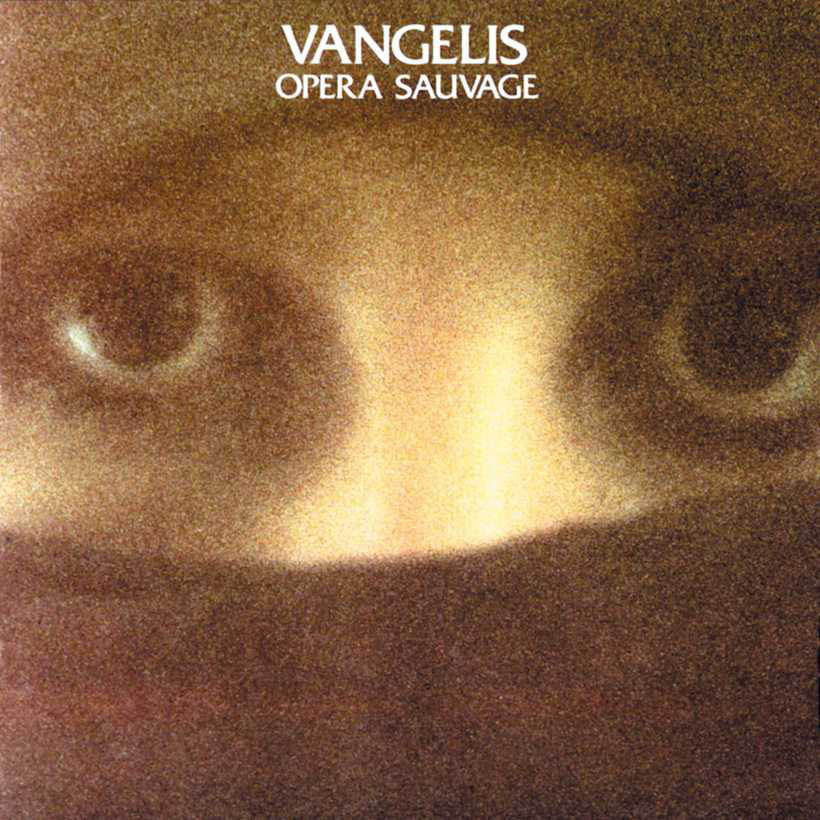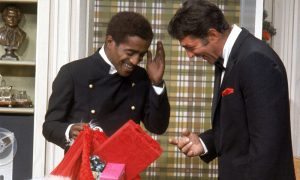Opera Sauvage, the score for a French filmmaker Frédéric Rossif’s natural history documentary, is not as well known as many of Vangelis‘s film scores or many of his other albums, but it is one of his best. It is a beautiful album that really makes you feel a connection with nature without even the need for on-screen images to make the connection for you.
The opening “Hymne” is typical of Vangelis’s layered keyboards, especially his use of the electric piano; it has an incessant hook that stays in your mind long after the album has finished playing. “Hymne” featured in the film, Chariots Of Fire when a re-recorded version was used as the score for Eric Liddell’s first race in the Scottish highlands.
One of the album’s two lengthy pieces follows, it is the delicate “Rêve” that is dreamlike and, at the same time, there’s an intensity that Vangelis injects with synthesizer effects that underplay the haunting theme. As it builds to its climax there’s even a hint of jazz that makes this one of the composer’s most effective compositions.
“L’Enfent” is another of Vangelis’s deceptively simple themes that builds and is beguiling. The director Hugh Hudson originally intended to use “L’Enfant,” for the opening titles sequence to Chariots of Fire in the first scene on the beach. It was Vangelis who talked him out of it and maybe that was no bad thing as he came up with his iconic theme for the movie. Despite this Hudson had “L’Enfant” being played in the film by a brass band.
“Mouettes” is another short piece and has perhaps the least memorable theme of any of the tracks on the album. It’s followed by “Chromatique” that at once manages to sound classical and new, the blending of different synthesizer parts is subtle like the waves lapping against the shore. “Irelande” is well titled; it has the air of Celtic mystery about it – peat bogs shrouded in the early morning mist and the incessant tolling of a distant bell.
“Flamants Roses,” unlike the other pieces on the album is less cohesive as a single track – not that this is a bad thing. It manages to combine several parts following the slow introductory element that features Jon Anderson of Yes, and Vangelis’s collaborator on several albums, playing harp. It builds to a central upbeat, incessant piece that feels like a raging river, before it mellows into a bluesy finale that has elements that are reminiscent of Vangelis’s amazing score for the movie Blade Runner.
Opera Sauvage was recorded at Vangelis’s Nemo Studios in London, during 1978 and 1979. It made No. 42 on the Billboard charts, but not until December 13, 1986, because it was used for a Gallo Wine commercial; it became the second most successful of his albums in the USA, after Chariots of Fire topped the charts in late 1981. Strangely, though, it failed to make the bestseller list in Britain.




